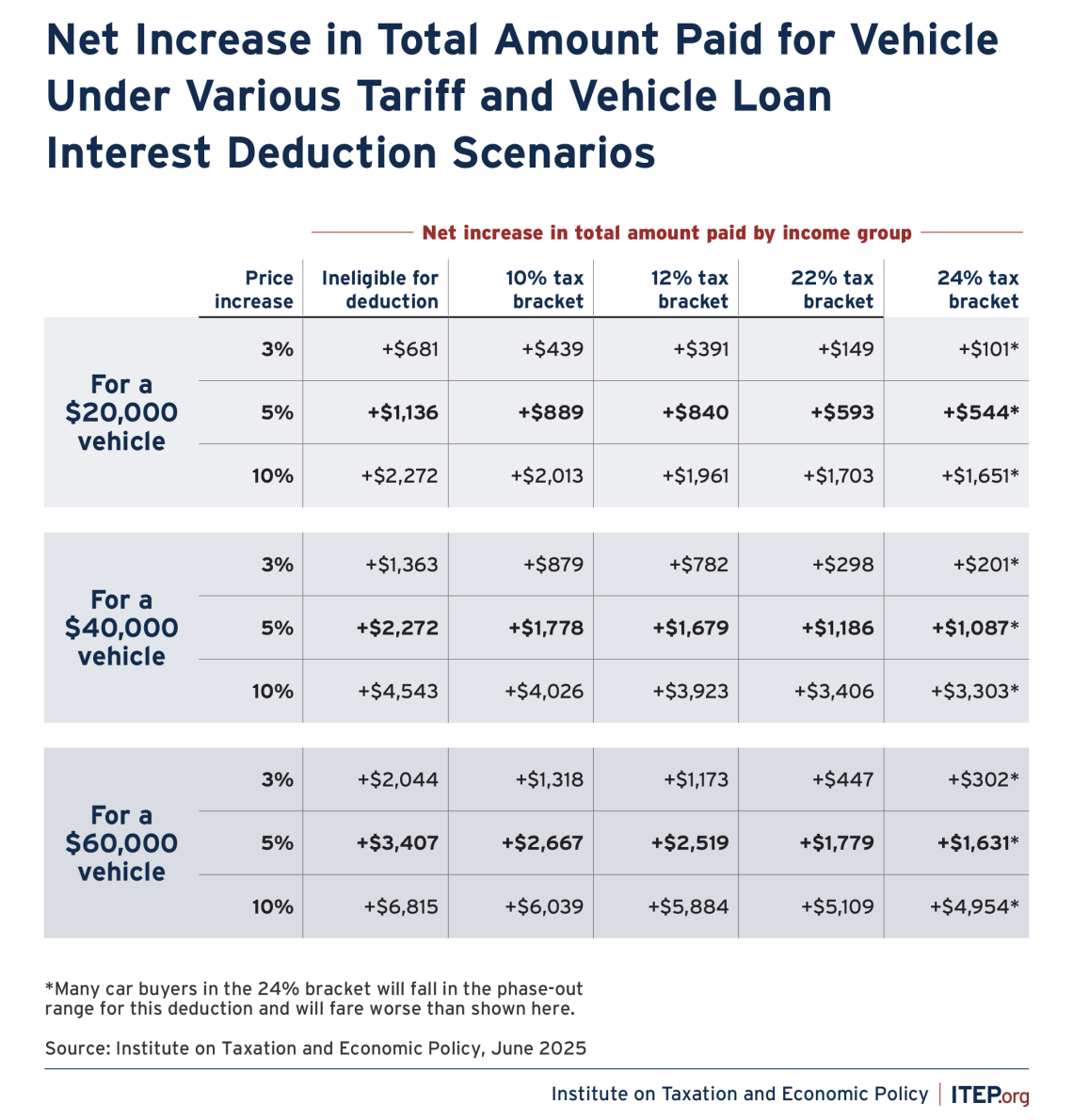Buying a car is a significant purchase for most people. It’s exciting to imagine hitting the open road in your new ride! But the financial aspects, like car loans, can be a bit daunting. One question that often pops up is whether you can get a tax break on your car loan. Let’s dive into the world of car loans and tax exemptions to see what’s what and whether you can save some money.
Understanding Car Loans and Tax Exemption
So, the big question: are car loans tax deductible? Generally speaking, the interest you pay on a car loan for personal use is not tax deductible at the federal level. Bummer, right? However, there are some exceptions, and it’s important to understand them.
When Might a Car Loan Have Tax Exemption?
While the general rule is no tax deduction, there are specific situations where you might be able to deduct car loan interest; Let’s explore these scenarios:
- Self-Employed Individuals: If you use your car for business purposes, you may be able to deduct a portion of the car loan interest as a business expense.
- Medical Reasons: In some cases, if you modify your car for medical reasons, you might be able to deduct the interest.
- State-Specific Laws: Some states may offer specific tax deductions related to car loans. It’s always a good idea to check your state’s tax laws.
It’s crucial to keep accurate records of your car usage and any modifications made for business or medical purposes. This will help you justify your deductions if you’re audited.
Car Loan Tax Exemption for Self-Employed Individuals
If you’re self-employed or own a business, the rules change slightly. You can potentially deduct the portion of your car loan interest that corresponds to the business use of your vehicle. This is where things get a little more complex, but it can be worth it!
Calculating Business Use for Car Loan Tax Exemption
To determine how much of your car loan interest is deductible, you need to calculate the percentage of time you use your car for business. For example:
- Keep a detailed log of your mileage, separating business miles from personal miles.
- Divide your business miles by your total miles to get the business use percentage.
- Multiply the total car loan interest you paid by the business use percentage. The result is the deductible amount.
Let’s say you drove 10,000 miles in a year, and 6,000 of those miles were for business. Your business use percentage is 60%. If you paid $1,000 in car loan interest, you could deduct $600 as a business expense. Pretty neat, huh?
Tip: Use a mileage tracking app to automatically record your business miles. This can save you a lot of time and hassle when tax season rolls around!
Car Loan Tax Exemption for Medical Modifications
In certain situations, if you modify your car for medical reasons, you might be able to deduct the interest on your car loan. This is a less common scenario, but it’s worth exploring if it applies to you.
Requirements for Medical Modification Tax Exemption
To qualify for this deduction, the modifications must be medically necessary and prescribed by a doctor. Here are some examples:
- Installing hand controls for a driver with a disability.
- Modifying a vehicle to accommodate a wheelchair.
The deduction is typically limited to the amount that exceeds 7.5% of your adjusted gross income (AGI). It’s best to consult with a tax professional to determine if you qualify for this deduction.
Important Note: Keep detailed records of all medical expenses and modifications to your vehicle. You’ll need this documentation to support your deduction.
Navigating State-Specific Car Loan Tax Exemption Laws
While federal tax laws generally don’t allow for car loan interest deductions for personal use, some states may have their own specific rules. It’s essential to research the tax laws in your state to see if any deductions are available.
How to Find State-Specific Car Loan Tax Exemption Information
Here are some resources to help you find information about state-specific car loan tax exemptions:
- State Department of Revenue Website: This is the best place to find official information about your state’s tax laws.
- Tax Professionals: A local tax professional can provide personalized advice based on your specific situation and state laws.
- Online Tax Resources: Websites like the IRS website and reputable tax preparation software often have information about state tax laws.
Don’t assume that what applies in one state applies in another. Tax laws can vary significantly from state to state, so it’s always best to do your research.
Frequently Asked Questions About Car Loan Tax Exemption
So, while the dream of a broad car loan tax exemption might not be a reality for most, there are definitely scenarios where you can save some money. Whether you’re self-employed, have medical needs, or live in a state with specific tax laws, it’s worth exploring your options. Remember to keep good records and consult with a tax professional to ensure you’re taking advantage of all the deductions you’re entitled to. Don’t let taxes scare you; with a little knowledge, you can navigate the system and potentially save some cash. Always consult a qualified tax professional for personalized advice. Good luck, and happy driving!






